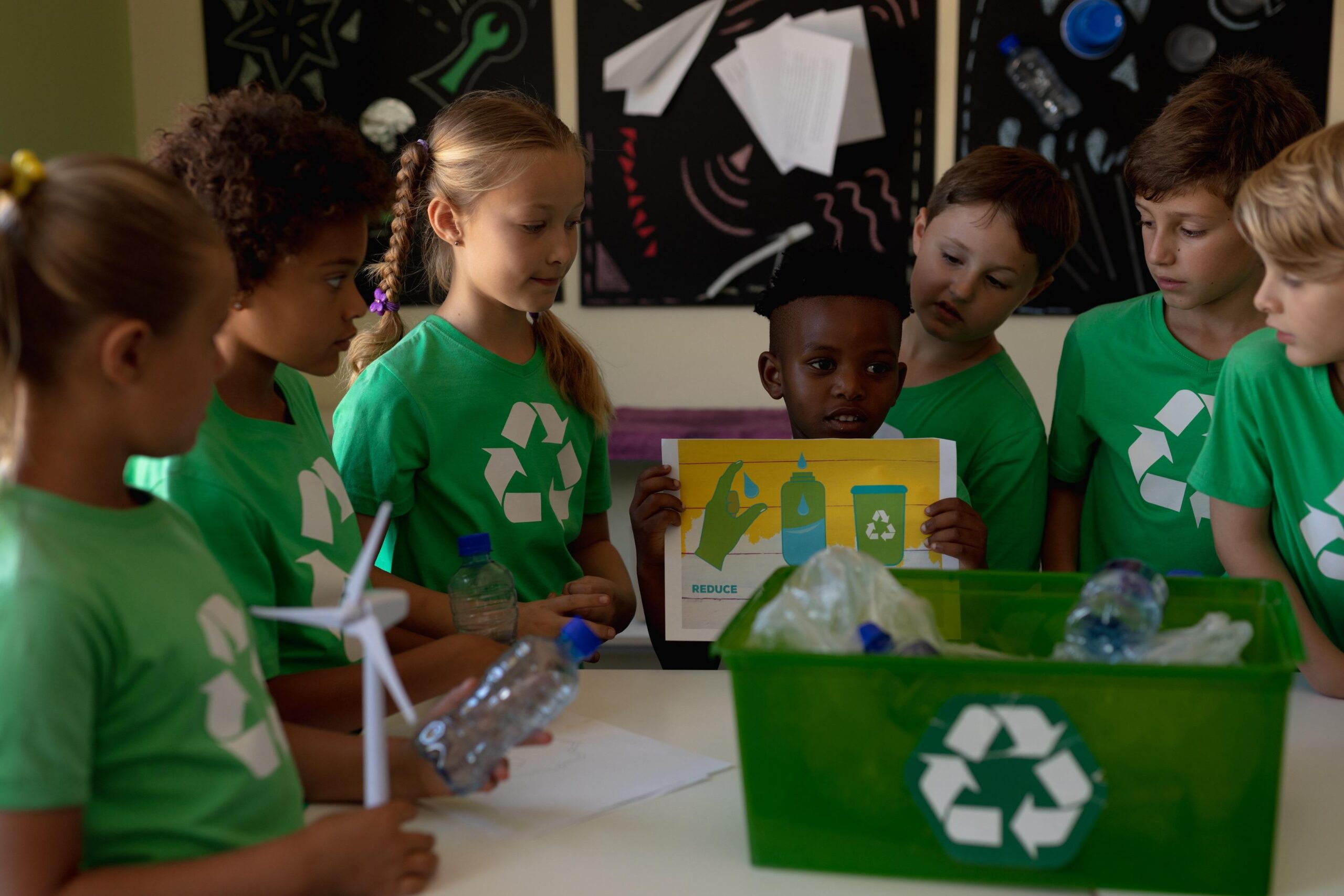Following a public consultation to which ETUCE and several member organisations, including KTÖS, answered, the European Commission proposed on 14 January 2022 a Draft Council Recommendation on learning for environmental sustainability which aims to support Member States, education institutions, non-governmental organisations and all education providers in equipping learners with understanding and skills on sustainability, climate change and the environment. The proposal was published at the same time as a new European competence framework on sustainability prepared by the Joint Research Centre which maps out the competences needed for the green transition, including critical thinking, initiative-taking, respecting nature and understanding the impact everyday actions and decisions have on the environment and the global climate.
ETUCE welcomes the European Commission’s proposal, especially the call to Member States to establish learning for environmental sustainability as a priority area in education and training policies and programmes in order to support and enable the sector to contribute to the green transition and to encourage and support interdisciplinary and whole-institution approaches to sustainability which encompass teaching and learning. It is also crucial that the Draft Recommendation contains a list of measures to support educators to facilitate learning for environmental sustainability, including embedding environmental sustainability in initial and continuous professional development and teacher professional standards and frameworks.
However, the proposal still misses three important elements without which it risks becoming yet another burden to teachers and other education personnel and an initiative designed without teachers or adequate funding and not respecting their professional autonomy:
- Firstly, the draft Recommendation calls on Member States to ‘mobilise national and EU funds for investment in infrastructure, training, tools and resources’ but it fails to make clear that learning for environmental sustainability must be supported by public funding (and not on performance-based frameworks as suggested in the proposal regarding higher education) and be part of the ‘well-resourced education systems based on public service values and democratic governance’.
- Secondly, the importance of social dialogue with education trade unions is completely omitted in the document, while the effective involvement of the education trade unions in the design, assessment and implementation of national and European climate and education strategies is a cornerstone of successful integration of the learning for environmental sustainability in the national education systems, as demanded by the ETUCE Position on the “Proposal for a Council Recommendation on Education for Environmental Sustainability”.
- Finally, the draft Recommendation includes many proposals for significant changes to teaching and learning. ETUCE cautions that these changes should not jeopardize decent working conditions and professional autonomy of teachers and other education personnel.
The adoption of the Council Recommendation on learning for environmental sustainability is scheduled at the meeting of the Council for Education, Youth, Culture and Sport on 4-5 April 2022. ETUCE calls on its member organisations to lobby their national education ministers ahead of the meeting to adopt the Recommendation and to include the explicit references to the social dialogue, public funding and professional autonomy of teachers and other education personnel in the text.
Source: https://www.csee-etuce.org/en/news/education-policy/4717-etuce-calls-for-adoption-of-the-council-recommendation-on-learning-for-environmental-sustainability

